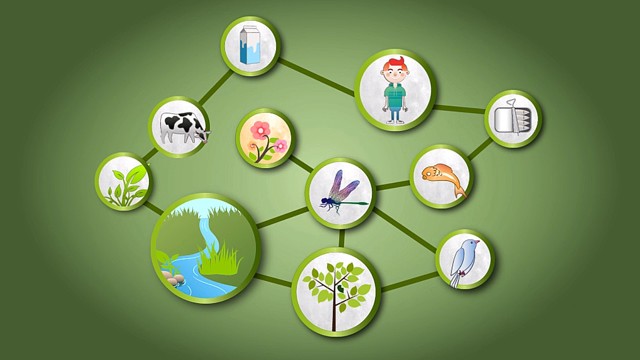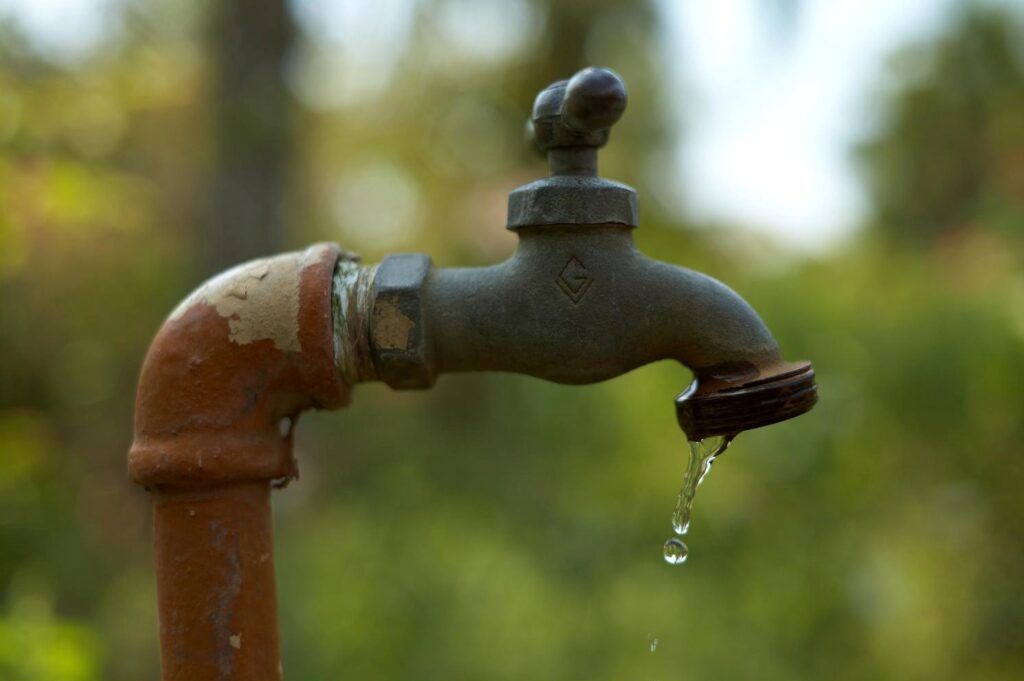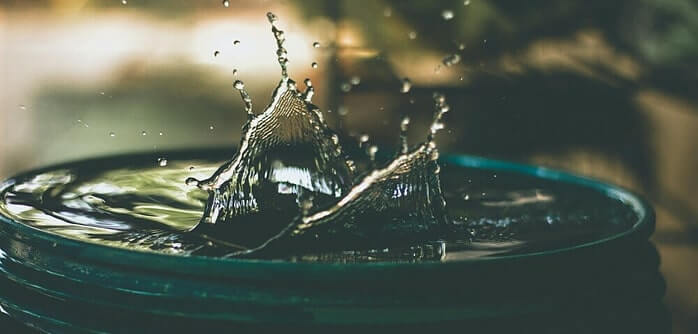Water scarcity is a daunting challenge that our world faces. This isn’t just about dry taps and wilting plants – it’s a crisis that impacts millions of lives and threatens the very sustainability of our planet.
I’m going to start with the bigger picture here:
In places like Sub-Saharan Africa or parts of Asia, water scarcity hits hard, altering the lives of individuals and the fate of entire communities, influencing everything from children’s education to the local economy.
Climate change has become the game changer. Water scarcity has worsened, with droughts often becoming longer and more frequent. Large areas of land that were once covered with crops are turning into barren dust bowls, and that’s the reality that many are currently facing.
Furthermore, it has a profound effect on poverty, as water scarcity often disproportionately impacts the poorest communities.
We might not all feel the effects of water scarcity in our lives today, however future generations will have no buffer, and our lack of action now can mean dire water shortages later.
In terms of numbers, it’s startling. Already, the United Nations reports that over two billion people live in countries experiencing high water stress. And that number could surge as populations grow and demands on water resources multiply.
Why Water Conservation is Crucial
If you’ve ever considered the far-reaching importance of water, you’ll understand it’s not just about quenching thirst or watering plants. It’s about securing a future where economic growth, environmental stability and social equity are balanced and sustainable. This balance is at the heart of the United Nations Sustainable Development Goals, and water conservation plays a vital role in achieving this vision.
On the environmental front, saving water helps to preserve our delicate ecosystems. Less water taken from rivers, lakes, and aquifers means more water for fish, wildlife, and the natural landscapes that depend on aquatic environments. This conservation aids in maintaining biodiversity, ensuring that natural habitats continue to thrive.

Looking at the economy, you’ll see that industries and agriculture devour a staggering amount of water. Without conservation, water scarcity can lead to increased costs for businesses, potentially passing those costs on to consumers.
The societal benefits of conserving water and ensuring there is ample clean water, can drastically improve public health, reduce water-borne diseases and ensures food security. It has a profound effect on poverty reduction, as the scarcity of water more than often affects our poorest communities the hardest.
There are countless examples of communities and nations that have turned the tides on water scarcity with innovative conservation strategies. From rainwater harvesting in arid regions to wastewater recycling in urban areas, the evidence is clear: proactive water conservation can lead to staggering benefits across the board.
Practical Measures to Conserve Water in Daily Life
Now, let’s shift our focus to the everyday actions you can take to make a significant difference. The power to conserve water lies in the daily choices of individuals around the world.
You might be wondering, ‘Can changing my habits really have an impact?’ Absolutely. If you think of millions of people making just one small change, the cumulative effect can be staggering.
First up, let’s talk about those leaky faucets and running toilets. Fixing these can save gallons of water every single day. Being mindful of our own water usage, by making simple adjustments can save significant amounts of water. We can start with being conscious of how long we run the water while showering, turning off the tap while brushing our teeth or not filling the sink to the top when washing our dishes.

By choosing water-efficient appliances when it’s time to replace old ones – your wallet and the planet will thank you.
Community action plays a crucial role, too. Join or start a local water conservation project. Initiatives like rainwater harvesting, drought-resistant landscaping, and community education can all contribute to conserving water.
Advocate for local and national policies that prioritize water conservation and support sustainable water management practices. You’re not alone in this; there’s a whole community of water warriors out there.
Remember, your quest to conserve water isn’t just a drop in the bucket; it’s part of a wave of change. I really hope that you walk away from this article feeling empowered to take action. Together, we can protect one of our most precious resources. Let’s embrace the challenge and commit to a future where water is valued and conserved.

